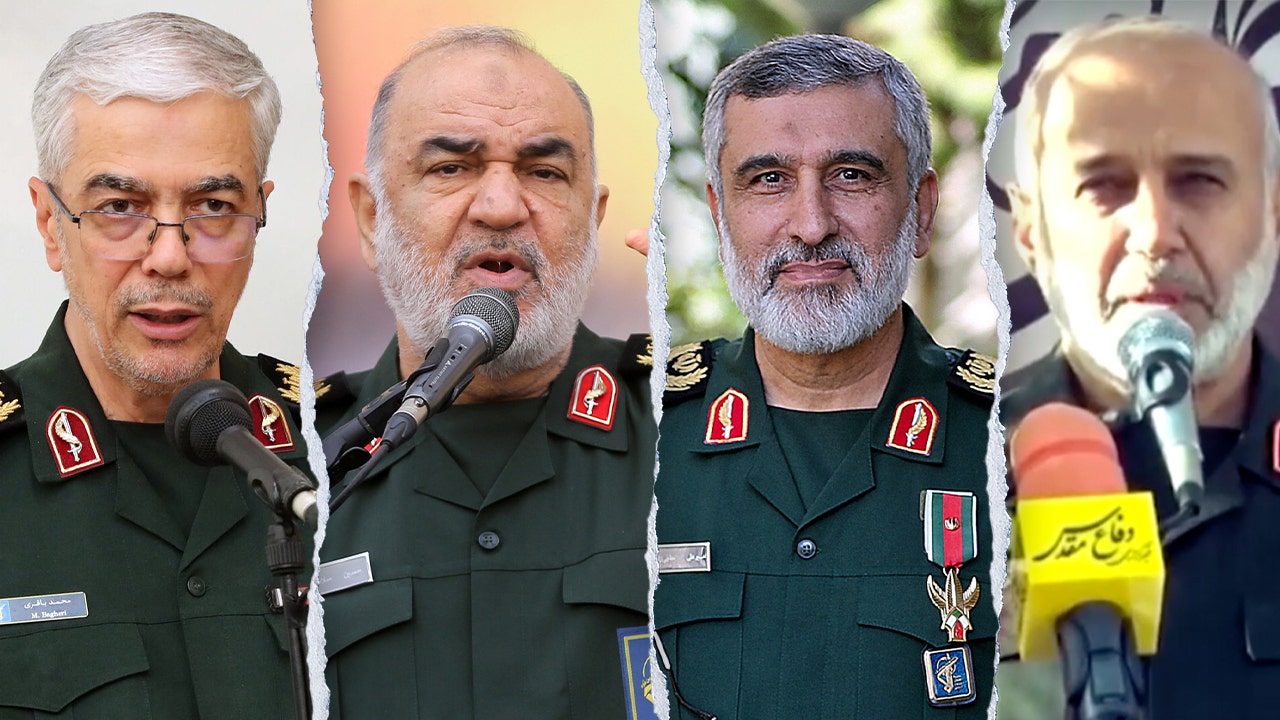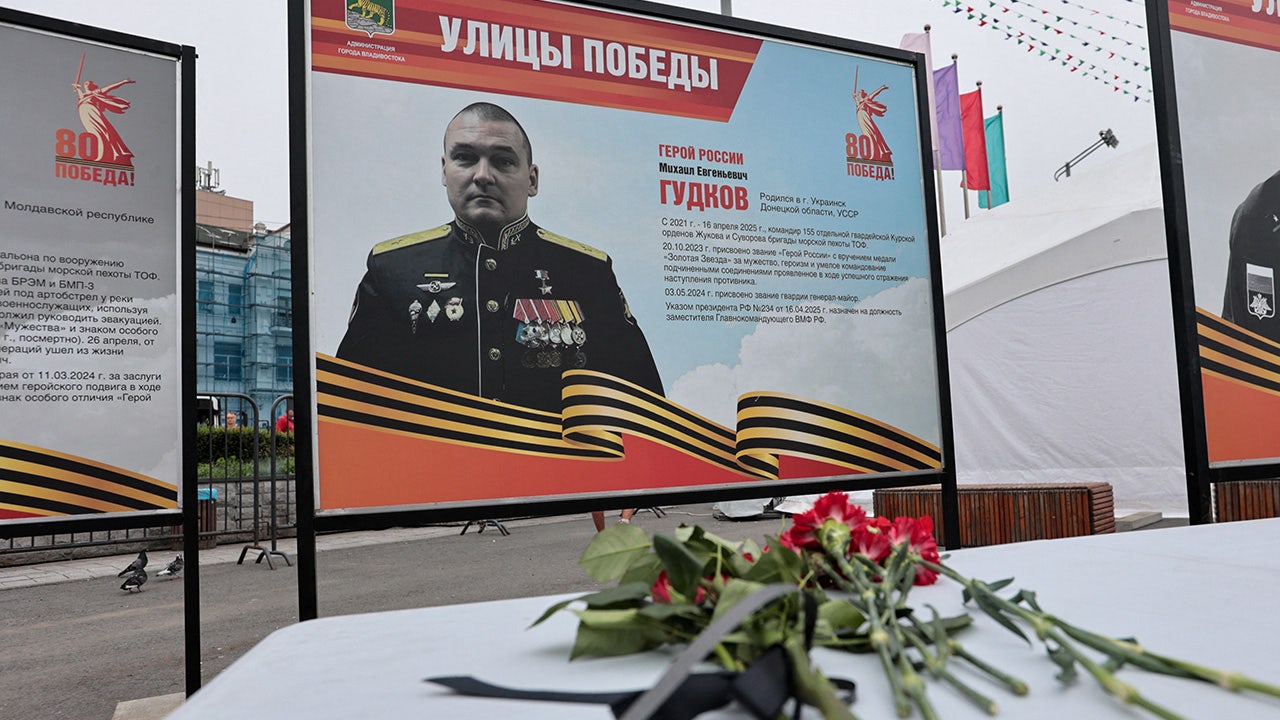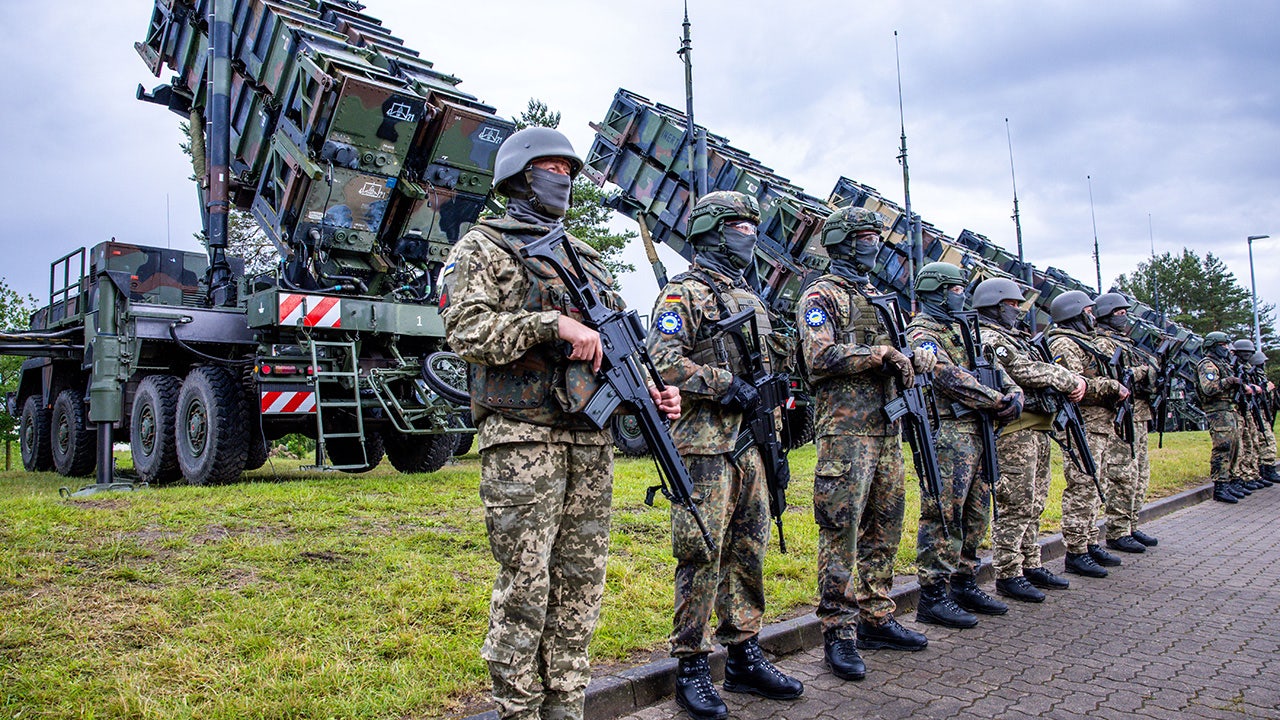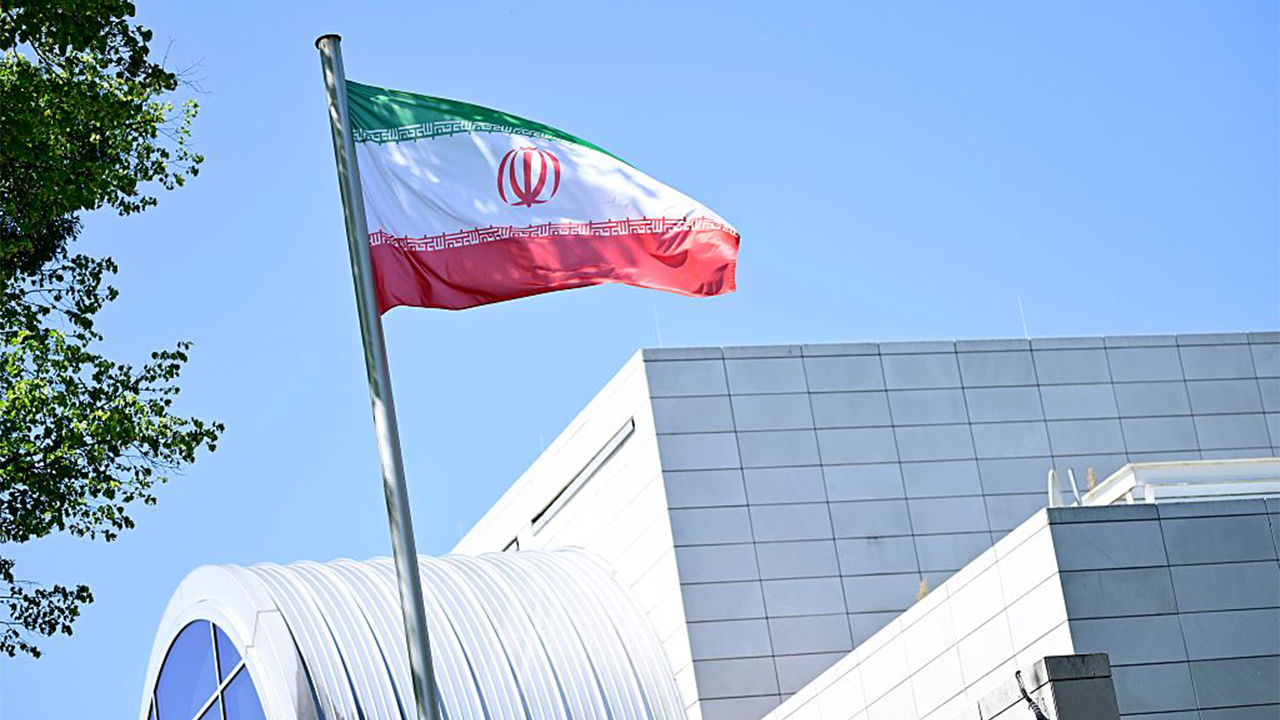Who were 2 of the top Iranian generals killed in Israeli strikes?

Israel’s targeted attacks on Iran’s nuclear and missile infrastructure early Friday resulted in the elimination of at least 20 senior Iranian commanders, dealing a severe blow to Tehran\’s governing regime. The Israel Defense Forces strikes successfully took out key figures such as Gen. Hossein Salami, the leader of the Islamic Revolutionary Guard Corps (IRGC), who had a history of making threats against the U.S. and Israel.
Gen. Mohammad Bagheri, the chief of staff of the Iranian armed forces, was also among those killed in the strikes. His death further escalated the gravity of the attacks and their implications for Iran’s military structure. Ali Hajizadeh, the head of the IRGC Aerospace Force, and Lt. Gen. Gholamali Rashid, who was the head of the IRGC’s Khatam-al Anbiya Central Headquarters, were also among the casualties.
These deaths occurred during Israel’s launching of a sweeping strike on Iran, dubbed “Operation Rising Lion.” The operation came after failed nuclear negotiations between the Trump administration and Tehran, with Israel aiming to target Iran’s nuclear and missile infrastructure.
Gen. Hossein Salami, who served as the commander-in-chief of the IRGC, was a key figure in Iran’s military hierarchy. Salami, appointed in 2019 by Supreme Leader Ayatollah Ali Khamenei, oversaw Iran’s elite military force. His aggressive rhetoric towards Israel and the U.S. made him a prominent target for Israel.
Gen. Mohammad Bagheri, who held the position of Chief of Staff of the Armed Forces since 2016, played a crucial role in shaping Iran’s military doctrine and modernizing its missile and air defense systems. He coordinated military operations across various branches of the Iranian armed forces and represented Iran in military coordination with allies like Russia and Syria.
Brig. Gen. Amir Ali Hajizadeh, the head of the IRGC Aerospace Force, was responsible for Iran’s ballistic missile arsenal, drone programs, and space-based military initiatives. He played a key role in coordinating missile attacks against Israel and the U.S. bases in Iraq in response to previous hostilities.
Lt. Gen. Gholamali Rashid, the commander of Iran’s Khatam al-Anbiya Central Headquarters, was a veteran and influential decision-maker within Iran’s military leadership network. He led the strategic command center responsible for planning and coordinating joint military operations within the Iranian forces.
The elimination of these high-ranking Iranian commanders, along with several nuclear scientists, represents a significant setback for Iran’s military capabilities and nuclear development program. The impact of these targeted attacks will likely have far-reaching consequences for Iran’s military structure and its ability to carry out future operations.
Overall, Israel’s Operation Rising Lion has delivered a decisive blow to Iran’s military infrastructure and leadership, signaling a significant shift in the regional power dynamics. The aftermath of these strikes will undoubtedly shape the future trajectory of the conflict between Israel and Iran.




